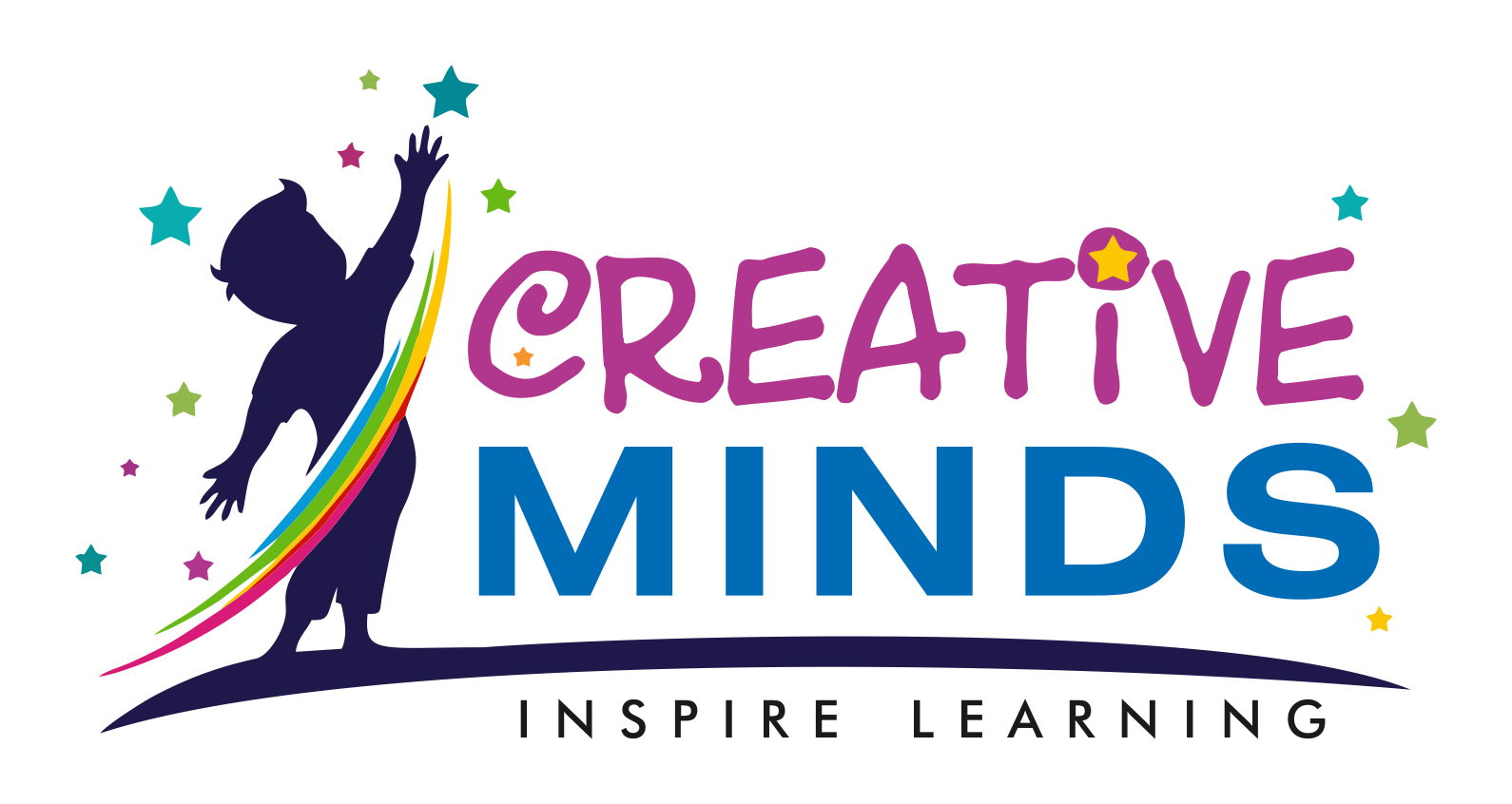As parents in Surat, you understand the importance of laying a strong foundation for your child’s education. One crucial aspect of this foundation is phonics—a method of teaching reading that focuses on the relationship between sounds and letters. In this guide, we’ll explore why phonics is essential for kids and how you can support this vital learning process at home.
What is Phonics?
Phonics is a systematic approach to teaching children how to read by helping them understand the sounds that letters and combinations of letters make. By connecting sounds to letters, children learn to decode words, making it easier for them to read independently.
The Importance of Phonics in Early Literacy
- Develops Reading Skills: Phonics provides the building blocks for reading. When children learn the sounds associated with letters, they can blend those sounds to read words. This skill is crucial for early readers, as it lays the groundwork for fluency and comprehension.
- Enhances Spelling: Understanding phonics helps children spell words more accurately. As they learn the sounds that letters represent, they can apply this knowledge to write words correctly, boosting their confidence in both reading and writing.
- Improves Vocabulary: Phonics instruction encourages children to explore new words. As they learn to decode unfamiliar words, their vocabulary expands, which is essential for comprehension and overall language development.
- Encourages Independence: When children grasp phonics, they become more independent readers. They can tackle new texts without relying solely on adults, fostering a love for reading and learning.
- Supports Comprehension: A solid phonics foundation contributes to better reading comprehension. As children decode words accurately, they can focus on understanding the meaning of the text, which is vital for academic success.
Tips for Parents in Surat to Support Phonics Learning
- Read Aloud: Regularly reading aloud to your child exposes them to language and phonetic patterns. Choose books with rhymes and repetitive sounds to reinforce phonics concepts.
- Play Phonics Games: Incorporate fun phonics games into your child’s routine. Activities like matching sounds to letters, singing phonics songs, or using flashcards can make learning engaging.
- Use Phonics Resources: Explore phonics programs or apps designed for young learners. Many resources are available that provide interactive and enjoyable ways to practice phonics skills.
- Encourage Writing: Invite your child to write simple words or sentences. Encourage them to sound out words as they write, reinforcing their phonics knowledge.
- Create a Phonics-Friendly Environment: Label objects around your home with their names and sounds. This visual aid helps children connect letters to sounds in their everyday environment.
- Be Patient and Supportive: Learning phonics can take time. Celebrate your child’s progress, no matter how small, and provide encouragement as they develop their skills.
Conclusion
Phonics is an essential component of early literacy that equips children with the skills they need to become confident, independent readers. As parents in Surat, you play a vital role in your child’s phonics journey. By incorporating fun activities and supportive practices at home, you can boost their learning and foster a lifelong love for reading. Remember, a strong foundation in phonics sets the stage for academic success and a brighter future for your child.
Mind and Success: The Impact of Art & Craft Coaching in Surat for Personal Growth

